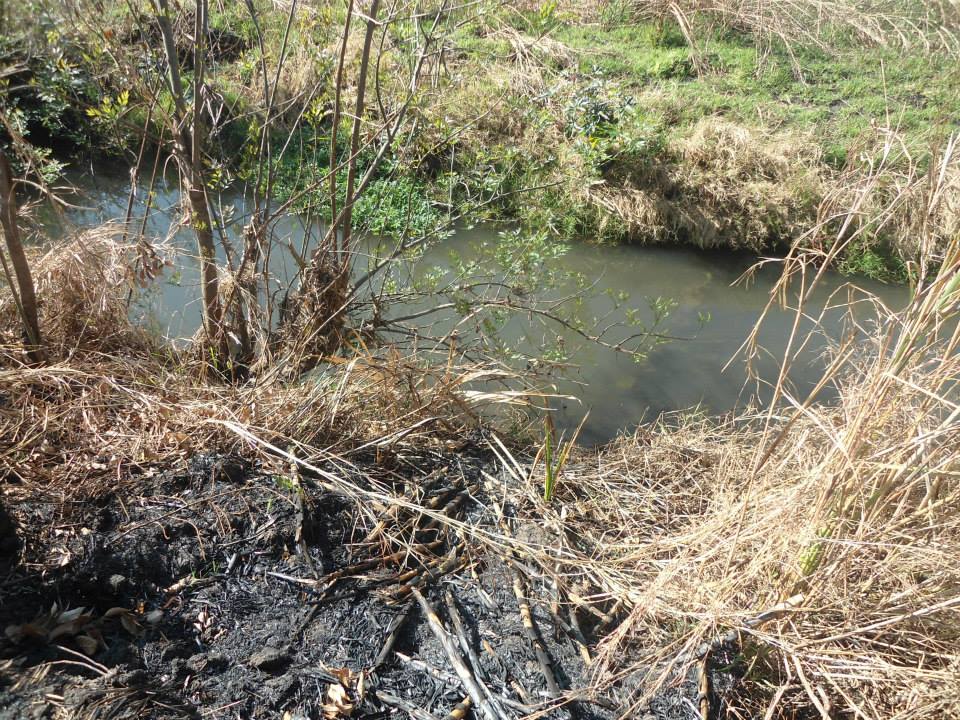The Zimbabwe Lawyers for Human Rights (ZLHR) and Community Water Alliance (CWA) have expressed great concern over recent reports of an outbreak of typhoid in some parts of Harare’s high-density suburbs.
According to media reports and monitoring reports by CWA’s health monitors, typhoid cases have been recently recorded in some of Harare’s high-density suburbs. More than 800 cases of typhoid have been recorded since January and several people have received treatment.
ZLHR and CWA said they are appalled that in 2019, Zimbabwe continues to record outbreaks of cases of typhoid, a ‘medieval’ water-borne disease that
is largely preventable.
The two organisations said the occurrence of typhoid was an indictment on local and central government and exposes gross negligence on the part of the state that continues to ‘dismally fail to fulfil constitutional obligations.’
“The prevailing situation in high density suburbs of Glenview and Budiriro is an affront to citizens’ fundamental right to health care, the right to clean, safe and potable water, the right to an environment that is not harmful to their health or well-being, the right to dignity and the right to life.
“The Constitution, particularly section 48, section 51, section 73, section 76 and section 77, places an obligation on state actors to ensure that citizens’ rights are not compromised but progressively realised. Therefore, it is imperative that government takes these rights seriously and upholds the fundamental obligations contained in the supreme law of the land,” CWA and ZLHR said in a joint statement.
ZLHR and CWA said they consider the current typhoid outbreak as a terrible consequence of local and central government’s failure to commit adequate resources, and lack of capacity to manage the country’s health care system and provide basic services such as water and sanitation infrastructure.
Over the years, the two organisations have previously repeatedly highlighted the key drivers of the outbreak of typhoid and other waterborne diseases which include the erratic supplies of clean water in most urban communities, the supply of contaminated water, and failure to attend to the leaking of raw sewage into the environment. They have also condemned the continued destruction of wetlands in Harare as wetlands play a critical role in purifying ground water, which can also minimise the contamination of sources of water.
They urged City of Harare and government to take immediate decisive action to contain the typhoid outbreak before the problem reaches unsustainable levels.
ZLHR and CWA made the following recommendations:
• All relevant government actors must robustly respond to cases of typhoid before the problem reaches unsustainable levels;
• Through relevant line ministries and the local authorities, the state must come up with an urgent, well-resourced comprehensive plan that adequately provides for responsive mechanisms to any suspected cases of typhoid across the country;
• Government must implement urgent and effective measures for the provision of safe, clean, potable water as a direct measure to combat the spread of typhoid;
• Government should roll out a well-publicised campaign as part of a public awareness campaign on prevention of the spread of typhoid and containing it wherever it is reported;
• Government must set up a commission of enquiry that looks into the recurrence of a preventable disease and come up with recommendations for non-recurrence in the future; and
• Government must increase funding allocation on water, sanitation and hygiene and strive to achieve 15% allocation to health as stipulated in the Abuja Declaration in order to enhance the quality of life of citizens.
